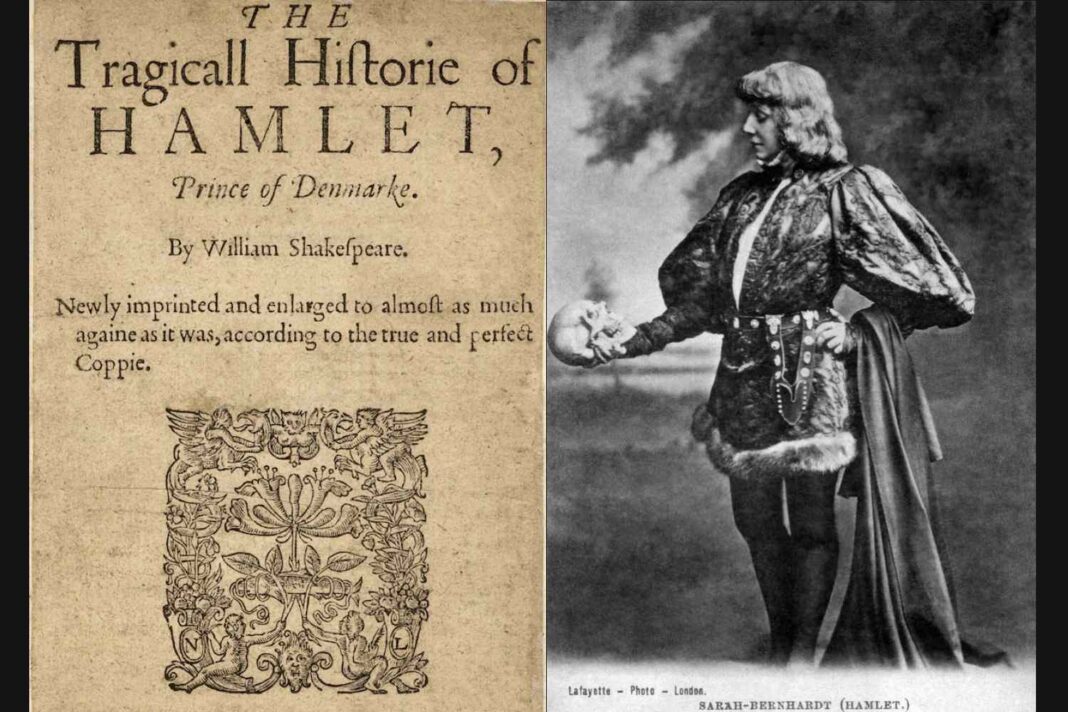Hamlet is one of William Shakespeare’s most famous plays, and is considered to be one of the greatest works of English literature. The play explores themes of revenge, madness, and the corruptions of power, and remains relevant to audiences today.
Table of contents
Plot Summary
Hamlet follows the story of Prince Hamlet, who is consumed by grief after the death of his father and the remarriage of his mother to his uncle, who becomes the new king. Hamlet feigns madness in order to uncover the truth behind his father’s death and eventually seeks revenge. The play is filled with deception, intrigue, and ultimately tragedy, as many of the characters meet their downfall.
Character Analysis
Hamlet is the central figure of the play, Hamlet, and his character is complex and multi-dimensional. He is deeply conflicted, torn between his desire for justice and his struggle with his own morality. Other notable characters include Claudius, the corrupt king; Gertrude, Hamlet’s mother; and Ophelia, the innocent victim. Each of these characters plays a crucial role in the play and contributes to its themes and motifs.
Themes and Motifs
The play, Hamlet, explores themes of revenge, mortality, and the corruptions of power. These themes are woven throughout the play, as Hamlet struggles with the morality of seeking revenge for his father’s death and the corrupt actions of the kingdom’s new rulers. The motif of madness is also prominent, as Hamlet feigns madness in order to hide his true intentions and gain insight into the actions of those around him.
Legacy and Significance
Hamlet is considered to be one of Shakespeare’s greatest works, and its impact on literature and popular culture is undeniable. Its themes and characters continue to resonate with audiences today, making it a timeless classic that has stood the test of time. The play has been adapted and reinterpreted countless times, solidifying its place as one of the greatest works of English literature.
Language and Style
Hamlet is written in a unique and complex style, making use of puns, soliloquies, and poetic language. Shakespeare’s masterful use of language adds depth and meaning to the play, and contributes to its timeless appeal. The soliloquies in particular provide insight into the inner thoughts and emotions of the characters, and are considered to be some of the greatest examples of this literary device in the English language.
Performance and Adaptations
Hamlet has been performed countless times since its original staging, and has been adapted in numerous ways, including film, television, and even musical productions. These adaptations often bring new perspectives and interpretations to the play, but the core themes and characters remain constant. Many notable actors have portrayed Hamlet over the years, each bringing their own unique interpretation to the role.
Notable Quotes and Analysis
- “To be, or not to be: that is the question.” – Hamlet, Act III, Scene 1.:
This is perhaps one of the most famous quotes from Hamlet, and it is a reference to the question of existence and the human condition. Hamlet is contemplating the pros and cons of life and death, and is considering whether it is nobler to endure the trials and tribulations of life or to simply give up and end it all.
- “The play’s the thing wherein I’ll catch the conscience of the king.” – Hamlet, Act II, Scene 2.:
In this quote, Hamlet is referring to the play he is preparing, which he hopes will reveal the guilt of his uncle, the king, for the murder of his father. Hamlet believes that the play will be an effective tool for exposing the truth, and he uses it as a means of getting revenge.
- “Frailty, thy name is woman.” – Hamlet, Act I, Scene 2.:
In this quote, Hamlet is expressing his disappointment and frustration with women, and is suggesting that they are inherently weak and susceptible to temptation. This sentiment reflects the patriarchal attitudes of the time in which the play was written, but it also highlights Hamlet’s own prejudices and biases.
- “To thine own self be true.” – Polonius, Act I, Scene 3.:
This quote is spoken by Polonius, and it encourages the idea of being honest with oneself. Polonius believes that one should be true to one’s own beliefs and values, and should not be swayed by external influences. This quote is often seen as a lesson for the reader or audience, reminding them of the importance of staying true to oneself.
Hamlet is filled with memorable quotes and powerful themes, and Shakespeare’s mastery of language and storytelling is evident in every line. These quotes provide insight into the characters, themes, and motifs of the play, and are a testament to its lasting impact and significance. Whether you are a fan of Shakespeare or a newcomer to his works, Hamlet is sure to captivate and inspire you.
Conclusion
Hamlet is a powerful and timeless play that continues to captivate audiences. Its themes of revenge, mortality, and corruption remain relevant today, and its complex characters and masterful use of language have made it one of the greatest works of English literature. Whether you are a fan of Shakespeare or a newcomer to his works, Hamlet is a must-read that is sure to leave a lasting impression.



 For all latest articles, follow on Google News
For all latest articles, follow on Google News